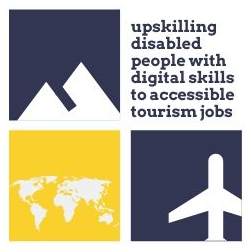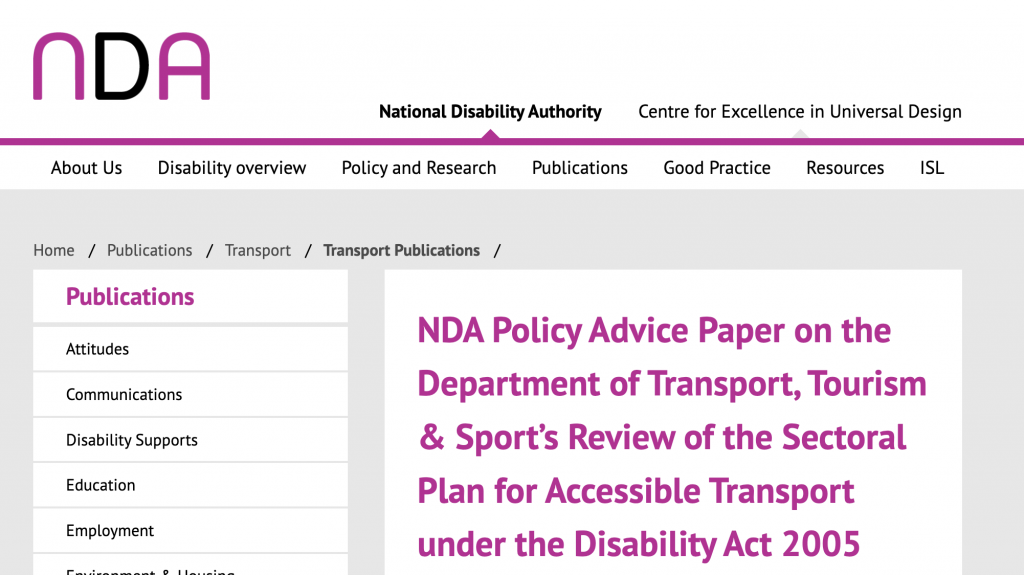The project touristic! aims to find new and innovative answers to all challenges by upskilling disabled people in Digital Skills applied to the design of innovative commercial services and products in Online Accessible Tourism, creating new skills pathways and labour opportunities for disabled people in Europe, supporting ICT-based teaching and assessment practices and promoting the transparency, validation and recognition of skills and competences acquired through OER.

As part of the ongoing Touristic project, work is ongoing into the development of Output 4 – Guidelines to foster transparency and recognition of Digital Skills for Accessible Tourism in Europe
The aim of intellectual output 4 is to provide a reference document with a coherent set of practical guidelines and recommendations to foster transparency and recognition on Digital Skills for Online Accessible Tourism. The Guidelines will support, and will be aligned with, other European transparency and recognition instruments, such as ECVET, EQAVET, EQF or Europass. It will be a policy instrument to support the exploitation strategy of the project and to mainstream the project results, in particular the European Framework of Reference on Digital Skills for Accessible Tourism.
Some of the key findings which may be of interest from an Irish POV include the following guidelines.
Recognition of prior learning and non-formal and informal learning
The organisation and management of the RPL processes within institutions varies considerably, with a wide variety of structures. Some education institutions have dedicated staff to assume a central role in supporting students and staff in documenting, assessing and reporting on the outcomes of RPL applications. The responsibility and autonomy of the department, school, college and disciplines is very prominent in the approaches adopted by many institutions stemming from academic governance structures, resulting in a wide variation across and between the responding institutions. The role of the Registrar and the head of school or department were also identified as key in supporting the RPL process and ensuring alignment with institute-wide quality assurance processes by many of the respondents. Depending on the level of the programme being applied for, the Dean of undergraduate or graduate studies was also included by some respondents in their description of the various structures involved. In the majority of the institutions the process involves a number of staff in terms of support, assessment, reporting and ensuring the integrity of the process and the programmes are maintained.
From a non-formal education POV, the same general conclusion can be applied – the organisation and management of the RPL processes amongst commercial or private organisations also varies considerably. Institutions or bodys with agreed and concrete frameworks around RPL are limited.
Currently no such official process for RPL exists in Ireland for the Tourism and hospitality sector. This process could, however, be implemented and a key starting framework which could be adapted includes the NDA Policy Advice Paper on the Department of Transport, Tourism & Sport’s Review of the Sectoral Plan for Accessible Transport under the Disability Act 2005 Transport Access for All

For more information and resources, please check out https://touristic-upskilling.eu/